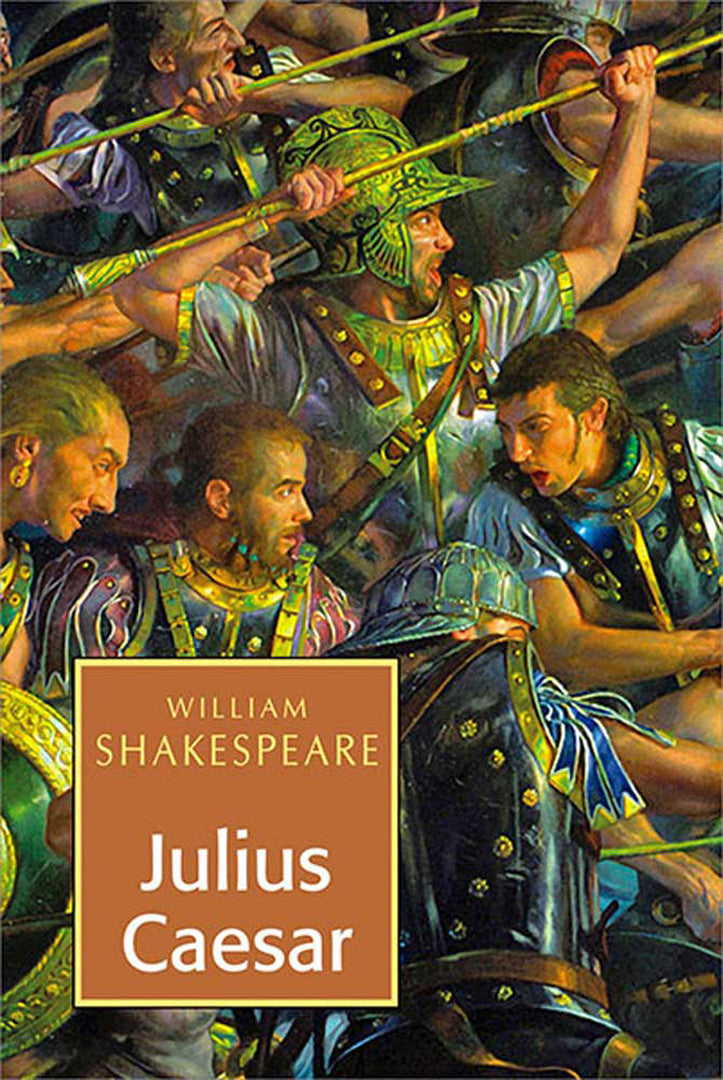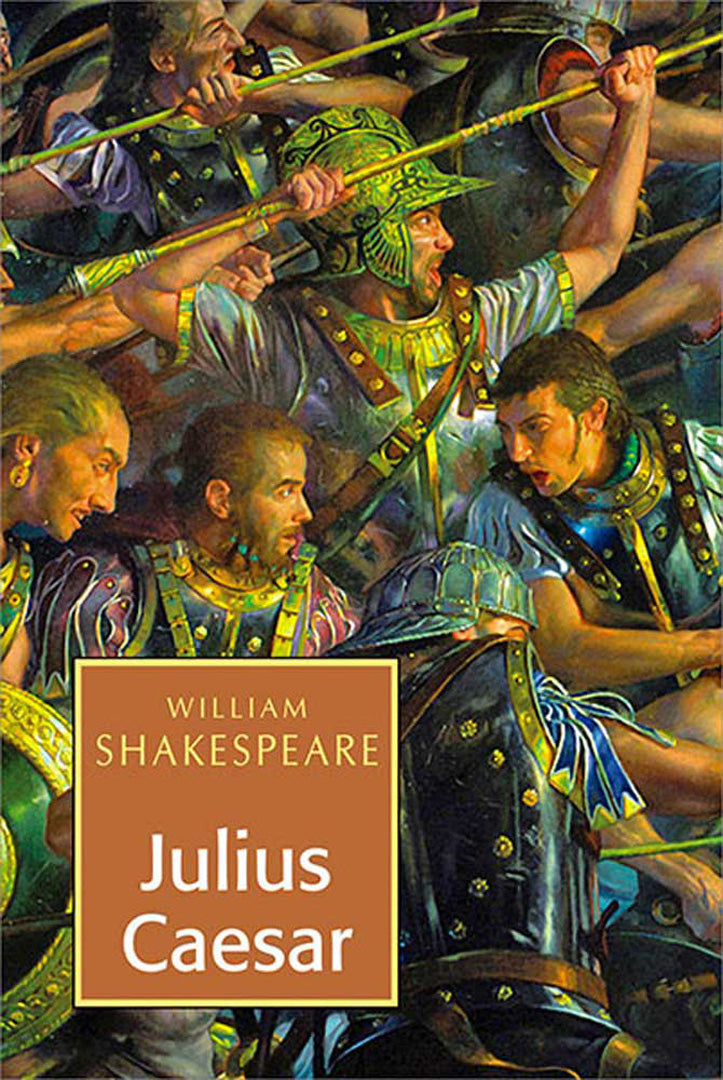Julius Caesar
Julius Caesar
William Shakespeare
Couldn't load pickup availability
Share

More Information
- ISBN13:
- Publisher: Atlantic Publishers and Distributors (P) Ltd
- Publisher Imprint: Peacock Books
- Publication Date:
- Pages: 100
- Binding:
- Item Weight:
- Original Price:
About The Book
The Tragedy of Julius Caesar, or Julius Caesar, is believed to have been written in 1599 and is one of Shakespeare's works based on the true historical events. Though Caesar is the title character, his role is not as large as that of Marcus Brutus, the conspirator who takes Caesar's life. In this play, Brutus speaks more than four times as many lines as the title character; and the central psychological drama of the play focuses on Brutus' struggle between the conflicting demands of honour, patriotism, and friendship.
The play begins as Caesar triumphantly returns from a battle in the battle of Munda. As he parades throughout Rome he encounters a psychic who tells him to "beware the ides of March." This line, one of Shakespeare's most famous, warns Caesar to stay away from danger when the middle of March comes along. He disregards the message however, and Marcus Brutus and another conspirator, Cassius, discuss killing Caesar and stopping his path to ascension without the Roman kingdom.
About The Author
William Shakespeare (baptised 26 April 1564 – 23 April 1616) was an English poet and playwright, widely regarded as the greatest writer in the English language and the world’s pre-eminent dramatist. He is often called England’s national poet and the “Bard of Avon” (or simply “The Bard”). His surviving works consist of 38 plays, 154 sonnets, two long narrative poems, and several other poems. His plays have been translated into every major living language, and are performed more often than those of any other playwright.
Shakespeare produced most of his known work between 1590 and 1613. His early plays were mainly comedies and histories, genres he raised to the peak of sophistication and artistry by the end of the sixteenth century. Next he wrote mainly tragedies until about 1608, including Hamlet, King Lear, and Macbeth, considered some of the finest examples in the English language. In his last phase, he wrote tragicomedies, also known as romances, and collaborated with other playwrights. Many of his plays were published in editions of varying quality and accuracy during his lifetime, and in 1623 two of his former theatrical colleagues published the First Folio, a collected edition of his dramatic works that included all but two of the plays now recognised as Shakespeare’s.

